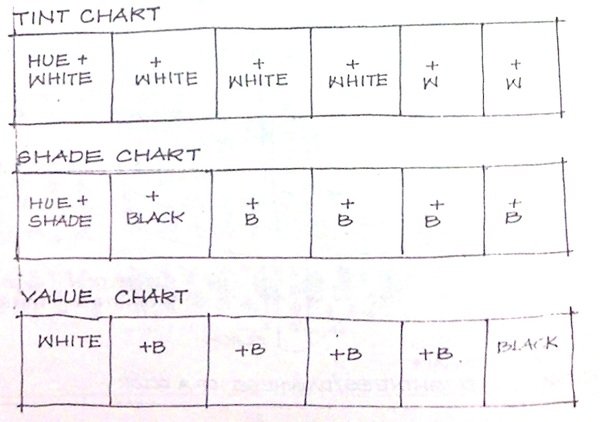Conceptual Space | Perception of Space
The design of space is first a mental concept and any resultant response is primarily experienced through visual perception.
A form oriented approach in which space can be literally ignored – or a waste product after design is still prevalent in architectural circles.
From a form dominated perception to a renewed awareness of space as dynamic – vase/ faces experiment tangible substance.
The spaces between buildings is as important as the spaces which contain them.

Spatial Diagramming (Interior Spaces)
To create in a diagram and thinking attitude which has transported your minds eye through an interior space. It sharpens the mind. This is not a figurative drawing but a subjective diagram. The diagram might emerge elliptical due to the eyes perceptual window.
A) Draw lines from a field of vision different points – Select and connect various points in a room.


